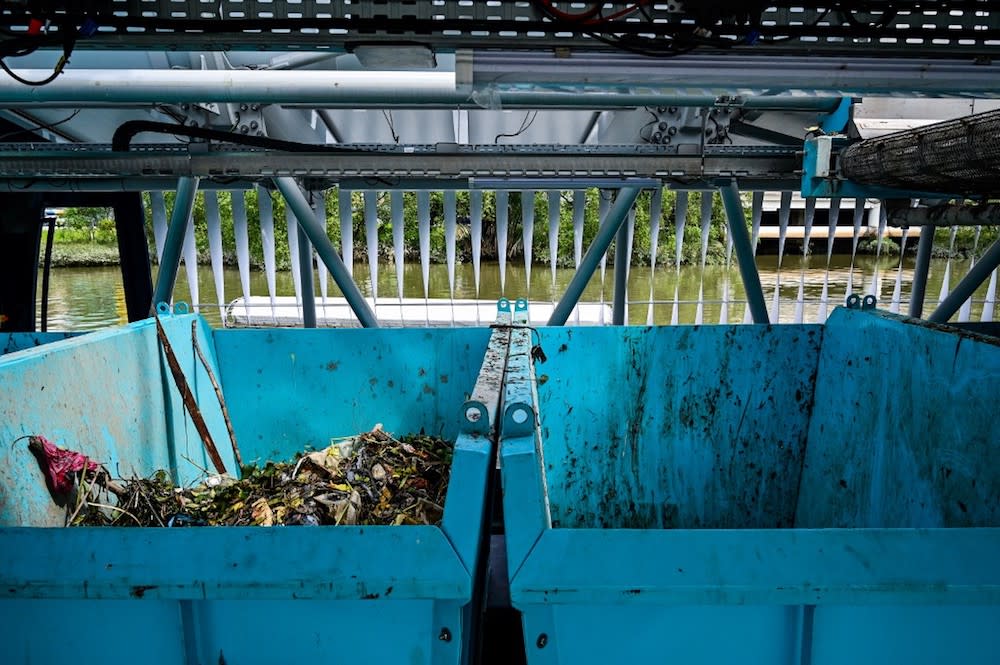Auditor-General’s Report: Govt-linked waste firm SWCorp overpaid concessionaires

KUALA LUMPUR, Sept 28 — The government-linked Solid Waste and Public Cleansing Management Corporation (SWCorp) has made RM386,381.90 in overpayments to its concessionaires, according to the second series of the Auditor-General’s (A-G) Report 2019.
In the audit review on sample payment done in respective states, auditors found that service fee recommendation documents manually prepared for solid waste collection services were not in accordance with the rates set out in the concession agreement.
The review done between January 2017 and April 2020 in the Federal Territory of Kuala Lumpur, Putrajaya and Kedah found that the standard frequency for collection of residual balance was twice a week and in bulk once a week (2+1) at the rate RM14.80 for a single residence.
Rates used for bulk collection were not found in the concession agreement.
Based on data collected by the audit review team, the services specified were up to seven times a week.
However, auditors discovered that the frequency was 14 times per week and a rate of RM375.38 was used as collection services for residential houses of a village (RB2) in the state of Kedah in 26 locations for the period of January 2017 to May 2018 (17 months).
Such collection frequencies and rates were not specified in the Concession Agreement.
Auditors also found that the work was also not in the Concession Work Schedule.
In another audit review of a payment sample, it found that recommended rates for the period 2017 to April 2020 found rate payments for collection service of RB2 residential house, multi-storey shophouses (CK2) and designated business centres (CK4) in the Federal Territory of Kuala Lumpur, Putrajaya and Kedah were paid not based on type barrels provided in the field and the frequency of the collection implemented.
The rates paid were not as shown in the concession agreement, which resulted in excess of the actual rate and frequency causing an overpayment.
According to auditors, SWCorp has in an explanation said it has rectified some cases, while others are still pending ongoing investigation.
In another area of discovery, auditors discovered that double service fees were charged on one location.
Under the solid waste collection services, auditors found that fees for collection services at the same four locations were paid through two different schemes, namely KDAS01 and KDAS03.
On a further review, auditors discovered that in the collection services work schedule provided by the concession company for January 2017, collection work was only carried out under the KDAS01 scheme.
On a later date, in February and August 2019, collection work was only carried out under the KDAS03 scheme.
However, payments were made for both schemes from the period January 2017 to April 2020 — 40 months — resulting in overpayment.
According to the audit review, there was an overpayment of RM22,496.
In an SWCorp feedback received by the A-G on October 15, 28 and November 13, 2020 and and January 22, 2021, SWCorp said the concessionaire has since restructured collection routes after discovering an overlap in compactor truck routes.
Another reason which caused overlapping payment was the failure of staff performing checks on payment recommendations, SWCorp said in the feedback.
Apart from that, it could have also been caused by the number of records requiring manual checking, which led to undetected data errors.
Based on the audit review, SWCorp enforcers’ lack of comprehension and thorough monitoring was another reason for the overpayment.
At the same time, poor contract administration resulted in the preparation of quotations that did not comply with the concession agreement, while poor spending control also resulted in overpayments to concessionaires.



